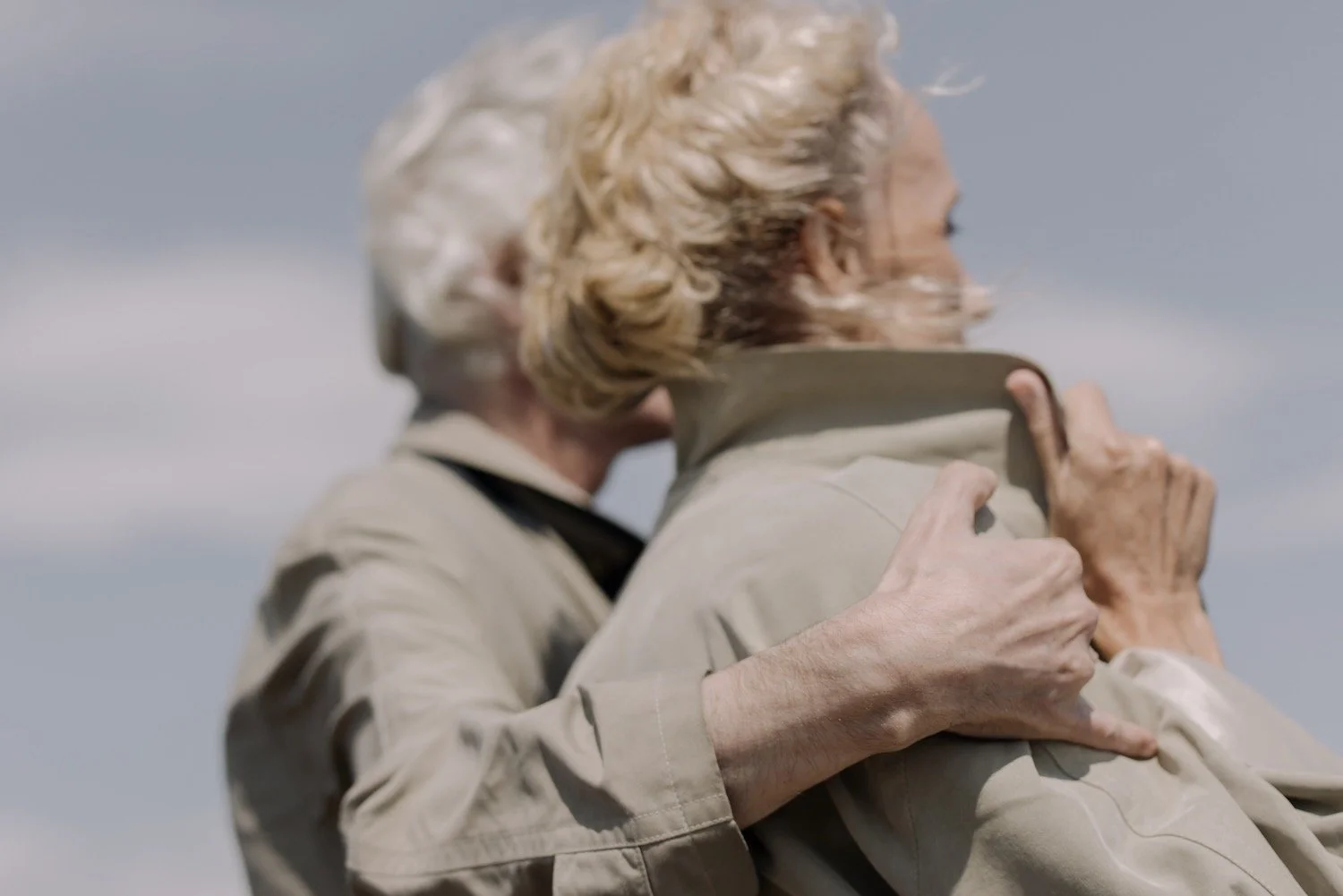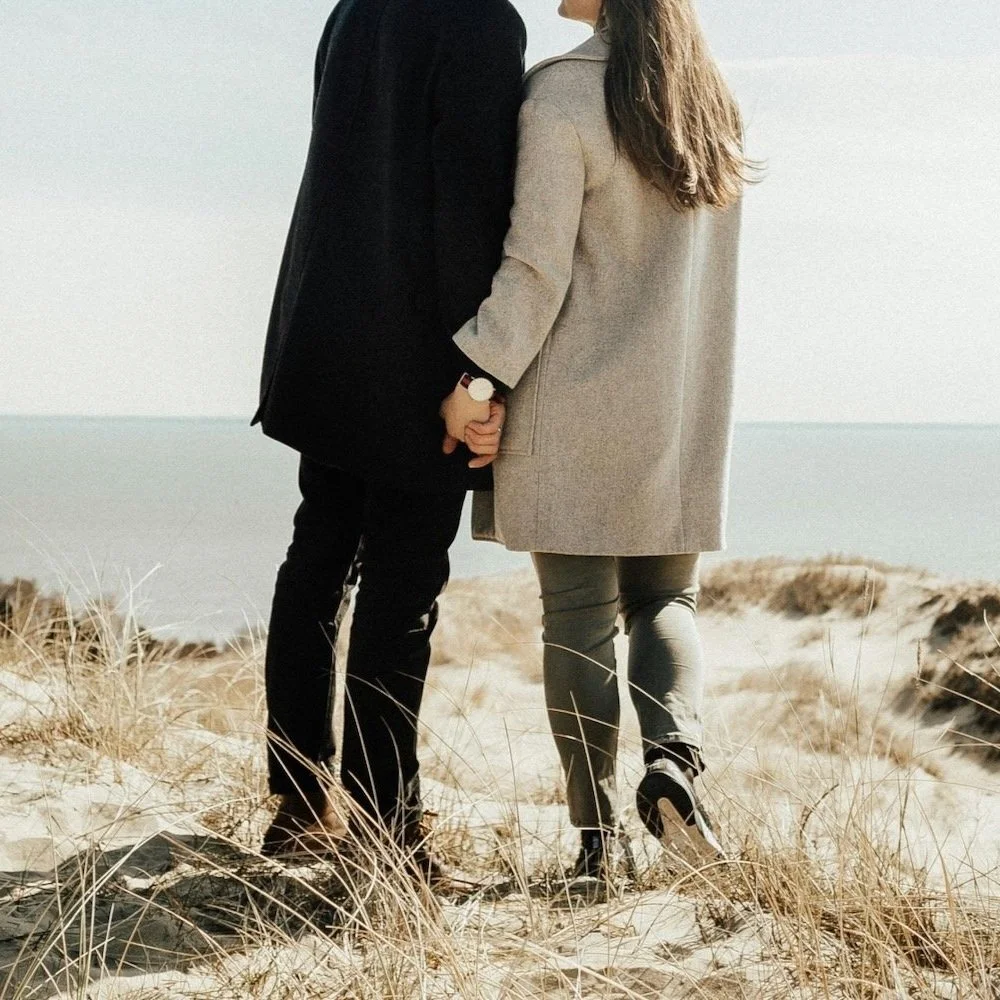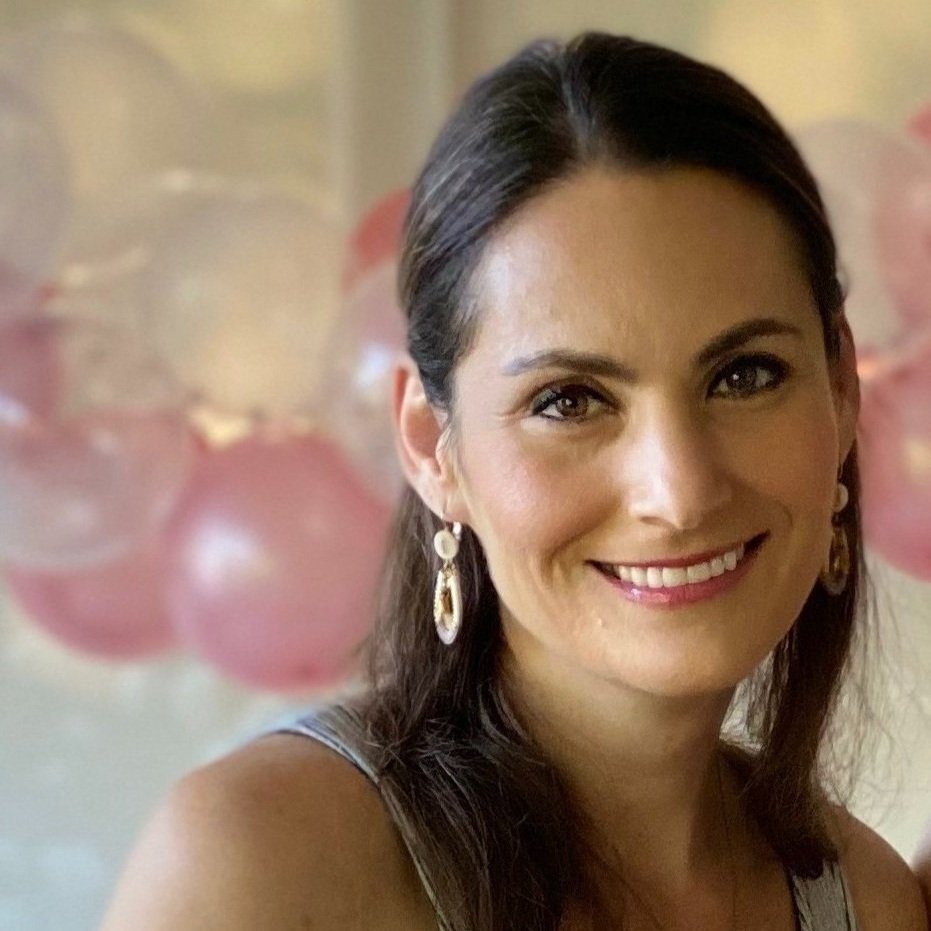There Are Three Types Of Love. Only One Lasts Forever.
…and keeps us feeling first-year in love
by Carolyn Firestone
Anyone who is currently (or is hoping to be) in love for a long, long time might be interested to know that there are actually different “types” of love you may be experiencing.
And whichever type it is could determine just how “in love” you continue to feel for years to come.
If all this sounds a little science-y and unromantic, please keep reading, because we swear when you get into it, it makes a lot of sense. And for couples who live in fear of losing the so-called “spark” (oof, we hate that word), it actually comes with some very good news
So, here’s the basic deal.
There used to be a school of thought (not to mention actual scientific research) that broke love down into two major categories. We’ll get into each of them, but we’ll venture a guess that you’ve most certainly experienced both.
But more recently, a third type of love has been explored and researched. And it turns out to probably be both the most fulfilling and the most sustainable.
So let’s get into them:
The Three Types Of Love
First off, it’s worth noting that the scientific community isn’t sitting around drawing a triangle and labeling each point with the following three categories as the end-all-be-all classification system for all kinds of human love. These definitions come from different fields of research done over decades that explore how couples think and relate, and ultimately, how satisfied they feel in their relationships.
Nevertheless, each of these types of love has been found to have certain key characteristics that are deeply relatable (to say the least) and that could help us make sense of our own tangled feelings in relationships.
So what are these characteristics?
1. PASSIONATE LOVE
Researchers Ellen Berscheid and Elaine Walster originally posed the idea that there are two types of love. The first was passionate love, a feeling marked by intensity, longing, and “infatuation.” You could think of this as the feeling you have when you first feel a strong attraction to someone. Your desire for them is overpowering, intoxicating, and you struggle to focus on anything else.
As you might expect, this type of love, while exciting and seemingly ideal, can come with a lot of anxiety, insecurity, moodiness, and jealousy. It also tends to fizzle out.
2. COMPANIONATE LOVE
The second type of love that started to be explored all those years ago is companionate love. This is based on tenderness, camaraderie, and commitment - the long-term compatibility thing where you cohabitate and befriend your partner.
This sort of love can last long-term and certainly has a long list of desirable qualities, but it can also land couples in a space where they no longer feel super attracted or enchanted by their partner. They may feel like something vital (ahem, the spark) is missing.
3. ROMANTIC LOVE
At first, the idea was that most relationships either fell into one of the above categories: doomed passion or lifelong pals.
And then, in the 2000s researchers Bianca P. Acevedo and Arthur Aron teamed up to write a comprehensive scientific review of 25 studies on long-term relationships and concluded that that third type of love we keep mentioning “romantic love—with intensity, engagement, and sexual interest” not only exists but can absolutely last long-term. And, not too shockingly, it was associated with “marital satisfaction, well-being, and high self-esteem.”
Why is this? For starters, romantic love does include attraction and all the lit-up qualities of passionate love, however it does not usually include the “obsessional qualities of early stage love” and “it does not inevitably die out or at best turn into companionate love.”
Whatever work we as individuals do to understand our attachment patterns and all the elements that go into whether or not we’ll feel either obsessively drawn to our partner to an unhealthy degree or distanced from our partner in ways that deaden the relationship is really up to us.
But the biggest takeaway of the research on romantic love is that the work itself can ultimately pay off. The ideal form of love – where we get to keep feeling drawn to and excited by our partner - without getting either bored or obsessive - is possible. Forever.
And isn’t that a tremendous relief for those of us who spend hours and days and years “working on ourselves,” reading about our attachment patterns, and trying out thoughtful techniques in an effort not to totally sabotage our relationship with the human we know ourselves to be happy with?
In fact, the findings were so hopeful they led Acevedo herself to conclude, “Couples should strive for love with all the trimmings…And couples who’ve been together a long time and wish to get back their romantic edge should know it is an attainable goal that, like most good things in life, requires energy and devotion.”
See? Good news!
carolyn firestone
Carolyn is the Managing Editor of The Candidly. Her favorite thing to do is to write about her favorite things, especially when they have even the slightest chance of making someone else’s something (mood, relationship, travel plans, or toiletry kit) a little better. You can find more of her articles here.
This article is for informational purposes only. It is not intended to be used in place of professional advice, medical treatment, or professional care in any way. This article is not intended to be and should not be a substitute for professional care, advice or treatment. Please consult with your physician or healthcare provider before changing any health regimen. This article is not intended to diagnose, treat, or prevent disease of any kind. Read our Terms & Conditions and Privacy Policy.









